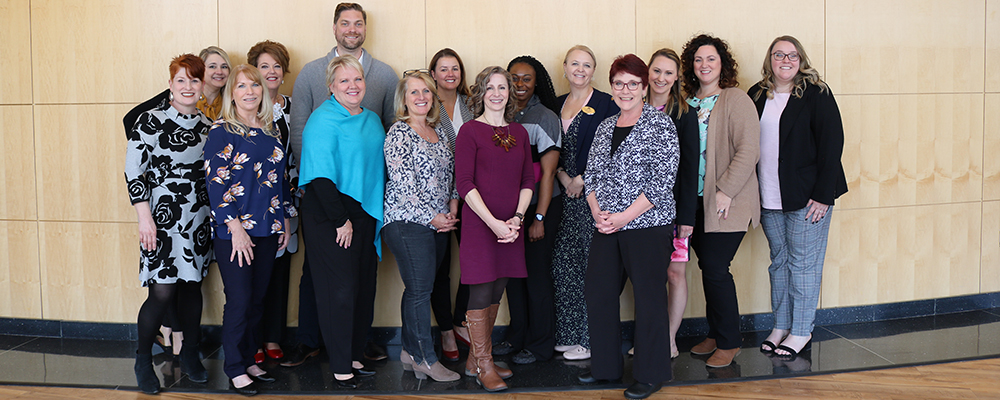
Options for Post-Bachelor's and Post-Master's Students
The DNP program prepares students to lead healthcare innovation at the highest organizational level and influence policy while allowing students to focus on a particular specialty area. The DNP nurse impacts the practice of nursing, the healthcare delivery system and the shaping of health policy by providing the environment, resources and knowledge needed to provide high-quality patient and family-centered nursing care and to practice as a professional within an interprofessional team.
Applicants who have a Master’s of Science in Nursing (MSN) should apply to the Post-Master's DNP which requires 40 to 46 credit hours, including 1,000 course-related practice hours.
Applicants who have a Bachelor’s of Science in Nursing (BSN), should apply to the Advanced Practice Post-Bachelor’s D.N.P. which requires 77 credit hours, including 1000 course-related practice hours, or the Healthcare Systems Leadership which requires 69 credit hours, including 1000 course-related hours. Within the Advanced Practice Post-BSN-DNP students will select an advanced practice concentration in either Family Nurse Practitioner or Adult-Gerontology Primary Care Nurse Practitioner which will prepare them to be eligible for the certification exam in their chosen concentration. Students in the Healthcare Systems Leadership concentration will be prepared to lead innovation at the highest organizational level and influence policy. The Post-BSN-DNP plan of study in the Advanced Practice or the Healthcare Systems Leadership concentrations does not award an M.S.N. Students who complete this program will receive a D.N.P. degree.
Check to see if there is an Information Session for your program of interest

